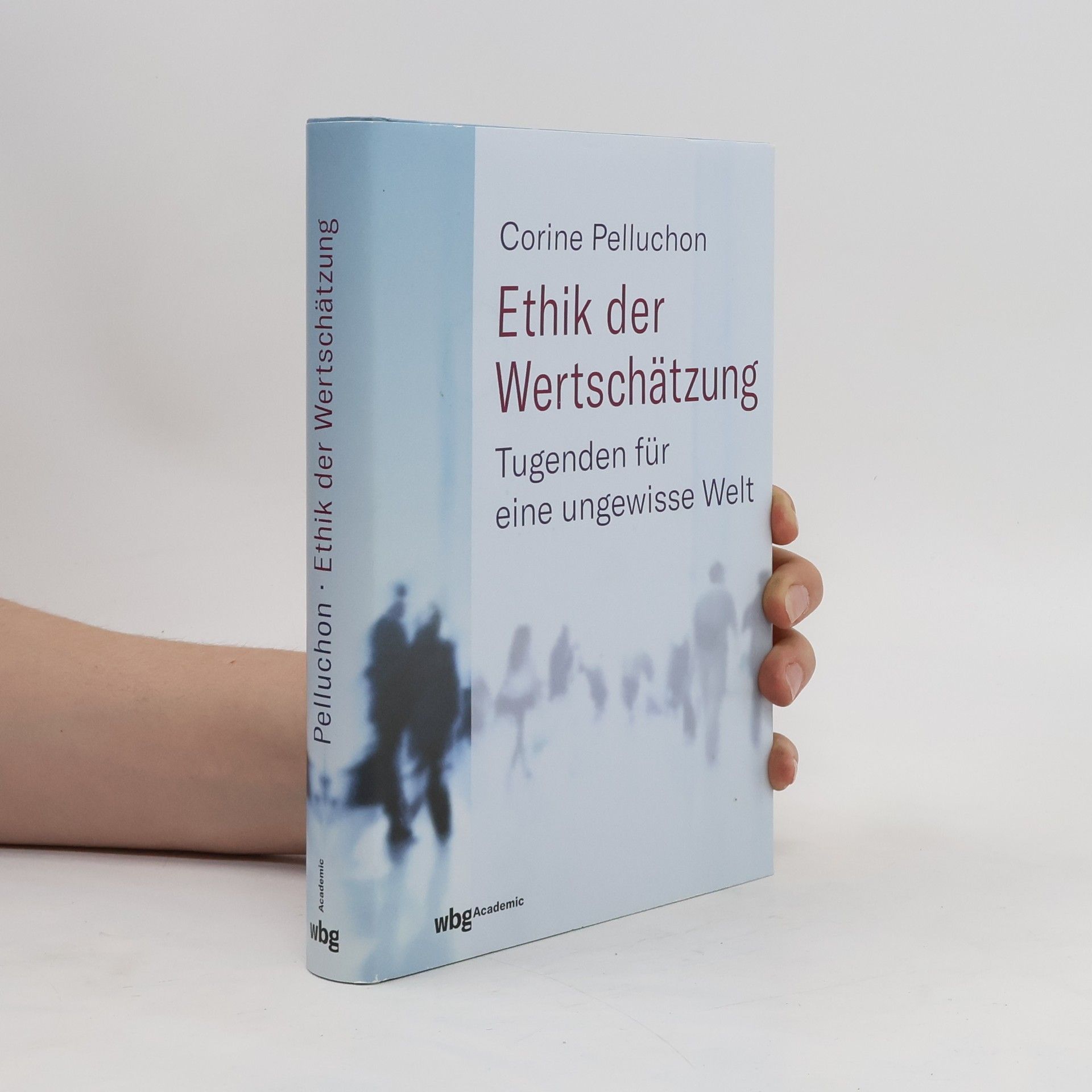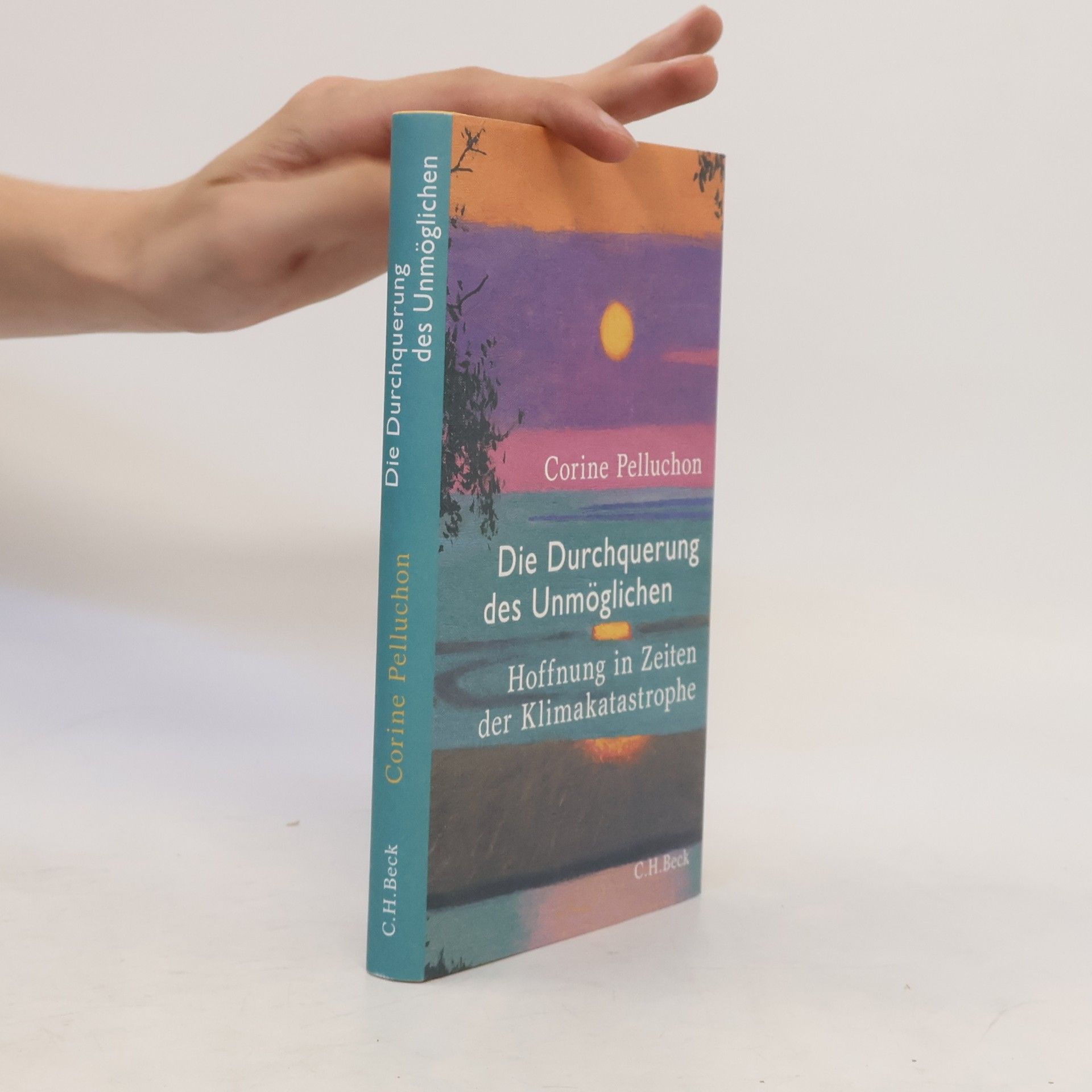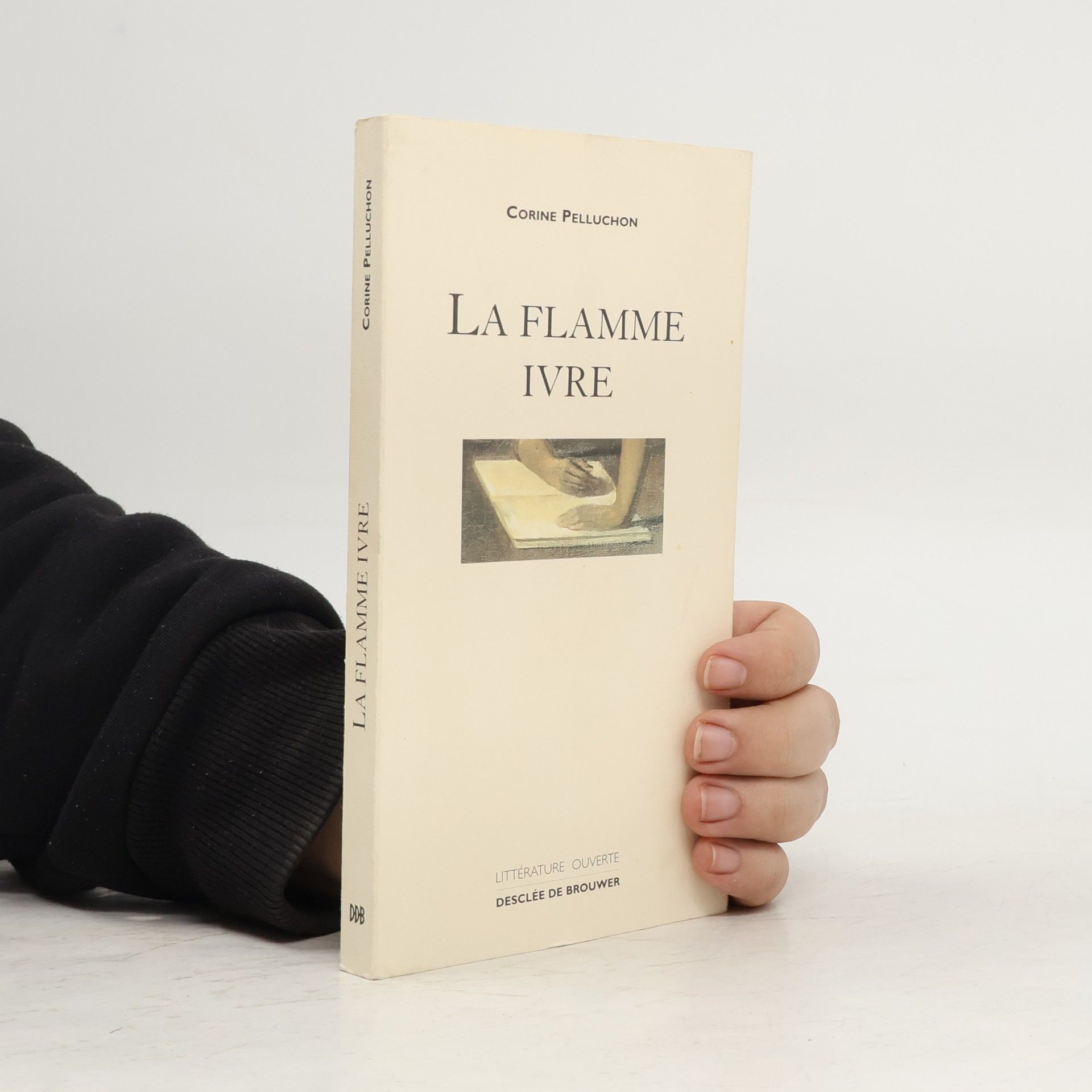Die Aufgabe, die Zukunft vorzubereiten, ist entscheidend. Die Welt zu reparieren bedeutet, das Leben zu verteidigen, insbesondere wenn ein schädliches System das Wohl aller gefährdet. Es ist notwendig, die Elemente unserer gemeinsamen Welt zu untersuchen und ihren wahren Wert zu erkennen. Zudem müssen wir uns in die Geschichte einordnen, die über unser individuelles Leben hinausgeht. Die Reparatur der Welt erfordert nicht nur Träume von gesellschaftlichem Wandel, sondern auch konkrete Schritte zur Zukunftsgestaltung. In diesem herausragenden Werk wird die Sorge um Mensch, Tier und Natur thematisiert. Angesichts der Herausforderungen unserer Zeit stellt sich die Frage, ob eine positive ökologische Zukunft und eine gerechtere Welt möglich sind. Corine Pelluchons Philosophie, die die Verwundbarkeit von Lebewesen betont, bietet Antworten und Empfehlungen für einen geringeren Verbrauch von Tierprodukten, eine Umstrukturierung der Landwirtschaft und ein gerechtes Steuersystem. Dieses Buch ist nicht nur ein Weckruf zum Handeln, sondern auch eine exzellente Einführung in das Denken der Günter-Anders-Preisträgerin, das zunehmend Menschen fasziniert. Die Essays laden dazu ein, über unsere Verantwortung für die Welt nachzudenken und aktiv zu werden.
Corine Pelluchon Book order (chronological)
Corine Pelluchon is a philosopher specializing in political philosophy and applied ethics. Her work explores themes of vulnerability and the human condition, offering profound reflections on our interconnectedness and responsibilities towards ourselves and others. Through rigorous analysis and a distinctive ethical framework, she encourages readers to reconsider societal norms and embrace a more compassionate and just approach to life.






Die Durchquerung des Unmöglichen
- 159 pages
- 6 hours of reading
Manifest für die Tiere
- 125 pages
- 5 hours of reading
Wie wir Menschen Tiere behandeln, betrifft im Kern die Frage nach unserer Menschlichkeit. Darauf insistiert die französische Philosophin Corine Pelluchon. Die Gewalt, die Menschen Tieren zufügen, ist nicht nur grausam. Sie macht eine verheerende Funktionsstörung unserer Gesellschaft offensichtlich, die auf wirtschaftlicher Ausbeutung und der Zerstörung des Lebendigen beruht. Tiere sind unsere Mitgeschöpfe. Wenn wir nicht aufhören, sie als Sache zu behandeln, zerstören wir nicht nur unsere materielle, sondern auch unsere seelische Lebensgrundlage. Doch wie können wir dieses grundsätzliche Umdenken herbeiführen und auch diejenigen an Bord holen, die keine Vegetarier sind oder in einem Wirtschaftszweig arbeiten, der auf der Ausbeutung von Tieren beruht? Pelluchon zieht Parallelen zum politischen Kampf für die Abschaffung der Sklaverei. Sie gibt uns Einsichten und konkrete Vorschläge an die Hand für den Übergang zu einer gerechteren Gesellschaft, die die Interessen von Mensch und Tier gleichermaßen berücksichtigt.
Nourishment
- 416 pages
- 15 hours of reading
This book seeks to replace the philosophy of the subject, underlying contemporary contractualism, with another philosophy. The ethics of vulnerability, which emphasizes the category of passivity, is the first phase in this philosophy of corporality, further supplemented in Nourishment by a philosophy of “living from,” which takes the materiality of our existence seriously: hunger, oikos, space and time, place, and enjoyment. Based on a radical phenomenology of sensations, this book takes inspiration from the French philosophers who were able to suggest an alternative to Heidegger's ontology of concern, such as Emmanuel Levinas, Jacques Derrida, and Paul Ricœur. Going beyond the dualism between nature and culture, subject and object, Pelluchon aims to determine the existential structures that break with Heidegger's ontology of concern and the philosophies of freedom that serve as a foundation for liberal political theory.
Ethik der Wertschätzung
- 304 pages
- 11 hours of reading
Corine Pelluchon entwickelt eine Tugendethik, die uns hilft, mit den Herausforderungen unserer modernen Gesellschaften umzugehen. Dabei legt sie den Schwerpunkt nicht in erster Linie auf die Prinzipien unserer Handlungen, vielmehr geht es ihr um unsere konkrete Motivation, um die Vorstellungen und Affekte, die uns dazu bringen, aktiv zu werden. Diese Ethik der Besinnung hat ihre Quelle in den Moralphilosophien der Antike, aber lehnt deren Essentialismus ab. Stattdessen gründet sie sich auf Demut und der Erfahrung der Verletzlichkeit. Wo Bernhard von Clairvaux die Besinnung auf die Erfahrung der Unvergleichbarkeit und somit auf den Glauben stützt, definiert Pelluchon sie über die »Transdeszendenz«. So bezeichnet sie eine Selbstbetrachtung, durch die das Subjekt seine Verbindung zu den anderen Lebewesen wahrnimmt und durch die das theoretische Wissen um die Zugehörigkeit zu einer gemeinsamen Welt zum gelebten Wissen wird. Eine solche Haltung kann dazu führen, sich konkret zu engagieren.
Leo Strauss and the Crisis of Rationalism
Another Reason, Another Enlightenment
- 319 pages
- 12 hours of reading
Focusing on the interplay between German and Jewish influences, the book explores how Strauss's philosophy addresses the challenges facing liberal democracy. It delves into the philosophical underpinnings of his thought and its relevance to contemporary political crises, offering insights into the complex relationship between cultural heritage and political theory.
La flamme ivre
- 147 pages
- 6 hours of reading
Claire, jeune provinciale, tente de combler l'écart entre sa foi et le monde qui s'affirme dans les années quatre-vingt où la dispersion et les aventures sont promues au rang de valeurs. Déçue par le jeu social des études, elle abandonne toute perspective de carrière et écrit un journal où s'entremêlent sa quête spirituelle et son désir d'amour. Lieu de confession et de prière, ce journal que Les " Saisons de Poussin " accompagnent enregistre l'initiation de Claire et son épreuve, sa passion pour Christian. Les êtres qui sont en recherche d'unité se condamnent-ils à vivre loin des autres ou bien sont-ils les premiers d'une génération qui croit en son salut ? Proche des intuitions de Pierre-Jean Jouve et de Bernanos, l'écriture de Corinne Pelluchon donne tout son relief à cette expression contemporaine de la quête de sens. Née en 1967, Corinne Pelluchon, professeur agrégée de philosophie, signe ici son premier roman.
